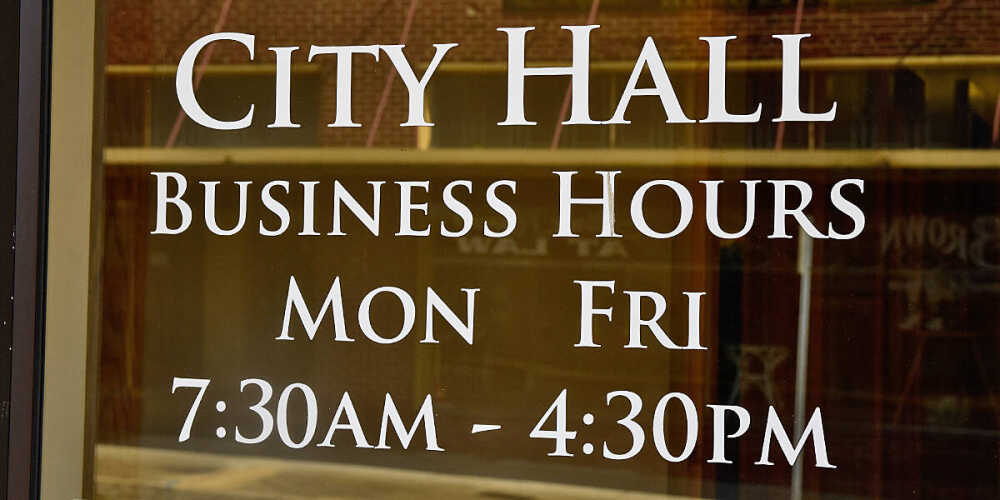Poplar Bluff budget cuts: Hard decisions hurt, false information hurts more

The city of Poplar Bluff is facing some difficult decisions this month as it tries to balance a budget that has been in the red for many years.
Some years it has been relatively small compared to its $12 million to $15 million budget. It may have been less than $50,000.
In other years it was extreme. About five years ago, we saw hundreds of thousands of dollars in unbudgeted technology expenses.
Reigning in a budget that has dipped into cash reserves for more years than we can count is no easy task. Thatís probably why itís taken this long to come to a head.
The cash has dwindled and our current council has no choice but to make hard decisions.
And hard decisions hurt. They hurt the ones who have to make the decisions, and they hurt the ones impacted by the decisions.
We can try to minimize the hurt, but we canít avoid it. Thatís simply a fact of life.
We all know that from trying to balance our own budgets at home. What we might prefer rarely lines up with what we can accomplish.
Weíre glad to see so many people interested in city finances and what will happen next.
It was great to see Poplar Bluff High School students attend a city council meeting Monday and voice their opinions. They did so in a way that was respectful and informed. They also offered to help.
They set an example that more adults could learn from.
A lot of shouting is taking place on social media right now about what is right and wrong for the city.
Not all of it is informed, and it is disheartening to see the comments that arenít very respectful.
Itís not a very good way to convince those who will make the decision that they should listen to you.
There are some specific misconceptions that weíd like to address.
The city has been accused of continuing to collect a tax that one social media commenter claimed was established to build the Black River Coliseum.
No tax was created for the sole purpose of constructing the Black River Coliseum.
Payments for its construction ó which also paid for improvements at the city library and golf course ó come from the capital improvement fund.
City officials, and the DAR, have discussed the capital improvement fund often over the years.
This voter-approved tax is collected specifically to pay for building needs and equipment purchases. The tax also buys police cars, firetrucks and smaller equipment like printers. It is what will pay for new city hall and police department buildings.
It was not created to fund the construction of the Coliseum, so it did not end when that project was paid for.
The second very common misconception is that the capital fund can solve the cityís current budget problems.
About 80% of the city budget pays for salary and benefits. The capital tax approved by voters can only pay for building and equipment purchases. It canít be used to pay for a police officerís salary or a firefighterís health insurance.
It isnít surprising that so much of the cityís budget is tied to personnel, since they donít produce a product but rather the services that we rely on every day ó like street maintenance and police and fire protection.
But when so much of the city budget is devoted to personnel expenses, it becomes harder to make significant cuts without impacting personnel.
We could make an argument to save everything that the city is considering cutting.
Each and every thing provides something important for our city and residents. Thatís why the city began funding them to begin with.
But the unfortunate truth is, to balance this budget it is very likely the city will have to cut something we wonít like losing.
ó Daily American Republic
